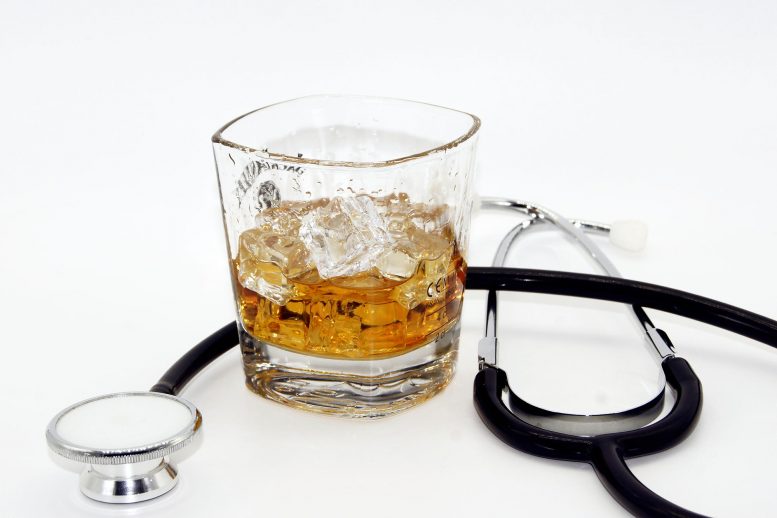General practitioners stopped giving alcohol advice to patients when they stopped being paid to do so.
When the Department of Health (England) introduced financial incentives to encourage general practitioners (GPs) to talk to patients about their drinking in April 2008, there was a small, gradual increase in screening and the provision of alcohol advice. However, when the incentives stopped in 2015, rates of screening and advice-giving decreased immediately, and have stayed low ever since.
Published today (October 9, 2019) in the scientific journal Addiction, and funded by the National Institute for Health Research, this is the first large-scale assessment of the impact of paying GPs in England to screen patients for higher-risk drinking, and provide advice to those needing to reduce their alcohol consumption. Under the incentive scheme, participating practices were paid £2.38 (approximately $3.04 or €2.71) for each newly registered adult patient they screened for higher-risk drinking. The scheme was withdrawn in April 2015.
Using an electronic dataset of over 4 million newly registered patients, the study found:
- Before the introduction of the scheme, 92 out of every 1,000 eligible patients were screened for higher-risk drinking each month, and fewer than 15 in every 1,000 screen-positive patients received brief advice.
- Introducing financial incentives had little impact on screening rates but led to an immediate increase in advice provision, with just over 20 more higher-risk drinkers receiving support per month for every 1,000 patients that screened positive.
- Since the scheme was discontinued, the rate of screening has fallen by almost three patients per month, and as of December 2016, out of every 1000 screen-positive patients, 31 fewer were receiving brief advice for their drinking compared with March 2015.
Lead author Dr. Amy O’Donnell explains: “Scaling up our findings to the English population, we estimate that by the end of 2016 alone, 27,000 fewer patients received brief advice as a result of terminating the alcohol incentive scheme. This is despite the fact that GPs are still legally obliged to identify and support higher-risk drinkers.” She continued: “As well as drawing attention to the disappointing rates of alcohol advice giving in England since GP payments were withdrawn, our findings also highlight the real risks of using short-term financial incentives to boost delivery of public health measures in healthcare.”
Reference: “Impact of the introduction and withdrawal of financial incentives on the delivery of alcohol screening and brief advice in English primary health care: an interrupted time–series analysis” by Amy O’Donnell, Colin Angus, Barbara Hanratty, Fiona L. Hamilton, Irene Petersen and Eileen Kaner, 9 October 2019, Addiction.
DOI: 10.1111/add.14778
